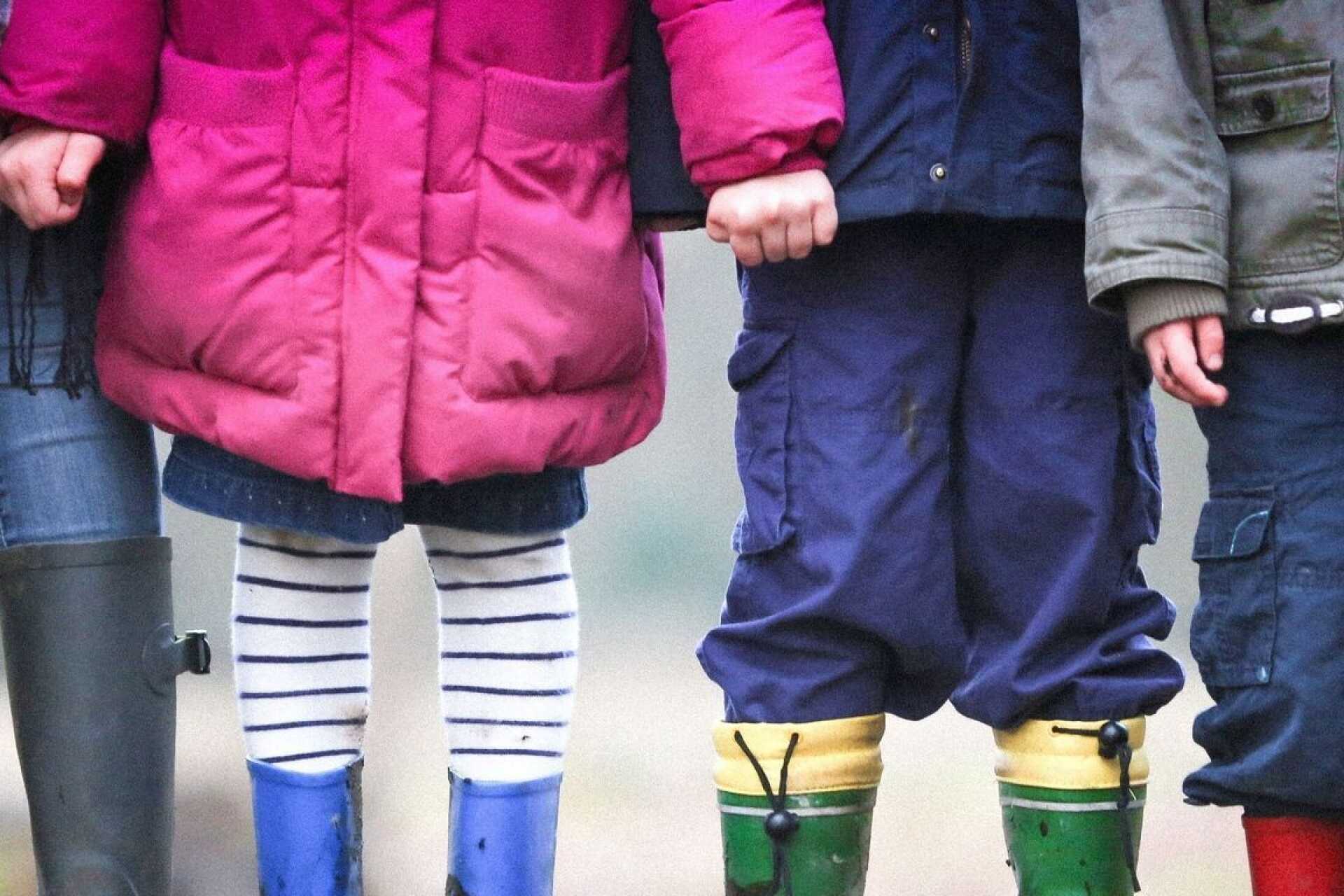The Centre for Child Protection’s ‘Critical Conversations in Child Protection’ is a webinar series aimed at facilitating learning from the latest research, practice knowledge, theory and lived experiences around safeguarding children and young people.
It is designed for a multi-disciplinary group of child protection professionals – ranging from health, social care, education, police, fostering, third sector organisations and more – living in the UK and abroad.
Speakers will range from members of the Centre for Child Protection’s team, our academic affiliates, our experienced student/alumni populations, and individuals with a variety of lived experiences relevant to understanding child protection matters. The ‘Critical Conversations in Child Protection’ webinar series is free to attend and will be held virtually via Zoom. Registration prior to attending is required.
2024 Speakers and Webinars
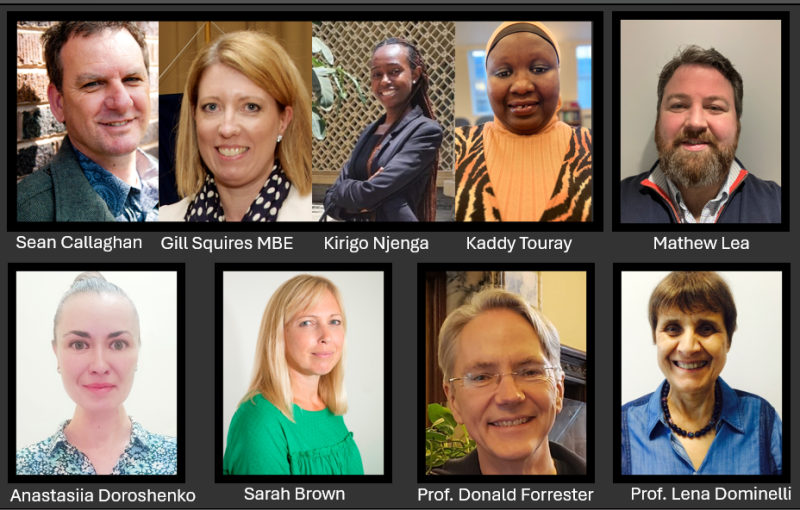
15 October 2024, 10.00-11.00
Female genital mutilation/cutting: A global concern. A local challenge.
Speakers: Sean Callaghan, Gill Squires MBE, Kirigo Njenga
This webinar brings together experts on female genital mutilation/cutting and child protection each of whom brings a global-local perspective to the issue. They will paint a global picture of the practice - what, where, who, when, why, how - and will apply that to your local context. They will explore the complexity of child protection in communities impacted by female genital mutilation/cutting both from the perspective of the practitioner and the respective community. They will offer personal perspectives on the topic from the viewpoint of survivor, activist, researcher and criminal justice.
29 October 2024, 10.00 - 11.00
Despite the push and pull factors they stayed: What are some of the causes, consequences and responses to girl soldiering in Africa?
Speaker: Anastasiia Doroshenko
The profound impact of armed conflict on children, including the risk and impact of child soldiering, attracted and continues to attract much policy, research, and practice attention. Notwithstanding robust international legislative frameworks underpinning the prohibition of child soldiering in place, the number of girls and boys at risk of soldiering continues to grow. While some of the causes and consequences of soldiering are common across genders, others appear to have a stronger gendered dimension. It is the girls’ status in society that shapes their experiences in distinctly different ways. Drawing on a secondary data analysis, this session will unpack some of the gender-specific intricacies of girl soldiering in Africa. An argument will be made for an effective operationalization of a systems approach, where communities and girls’ voices are of central importance. It is only then that conflict-affected girls will be able to say that despite the push and pull factors they stayed.
5 November 2024, 10.00 - 11.00
Family group conferences - Is trust enough in child protection?
Speaker: Sarah Brown
This session will provide a brief overview of restorative approaches in social work practice with a specific look at Family Group Conferences and how they 'work'. The role of this process within the child protection context will be explored along with examples from practice experience. The presentation will take a critical view of the process within this context and also explore the opportunities for enhancing cultural humility for practitioners.
12 November 2024, 10.00-11.00
Rights, Outcomes and Love: What is the purpose of children's services and how might we do the work well?
Speaker: Professor Donald Forrester
This talk will introduce the idea of human rights, explore rights focused practice in the field of child and family work, consider the place of love in child protection and make proposals with implications for practice and research in the field. Professor Forrester’s talk will expand on some of the ideas from his recently published books: Motivational Interviewing for Working with Children and Families and The Enlightened Social Worker: An Introduction to Rights Focused Practice.
19 November 2024, 10.00-11.00
Child Protection: What does climate change have to do with it?
Speaker: Professor Lena Dominelli
Professor Lena Dominelli holds a Chair in Social Work at the University of Stirling in Scotland and initiated the MSc in Disaster Interventions and Humanitarian Aid Programme. She was previously Co-Director at the Institute of Hazards, Risk and Resilience (2010-2016) at Durham University. She has a specific interest in projects on climate change and extreme weather events including drought, floods, cold snaps; wild fires; earthquakes, volcanic eruptions; disaster interventions; vulnerability and resilience; community engagement; coproduction and participatory action research. She teaches disaster interventions and humanitarian aid at Stirling. Her research projects include funding from the ESRC, EPSRC, NERC, the Department of International Development and Welcome Trust. Lena is a prolific writer and has published widely in social work, social policy and sociology. She currently chairs the IASSW Committee on Disaster Interventions, Climate Change and Sustainability and has represented the social work profession at the United Nations discussions on climate change, since Cancun, Mexico in 2010. Her latest book is Social Work in Times of Disasters (2023, Routledge). She has received various honours for her work.
2023 Speakers and Webinars
See below
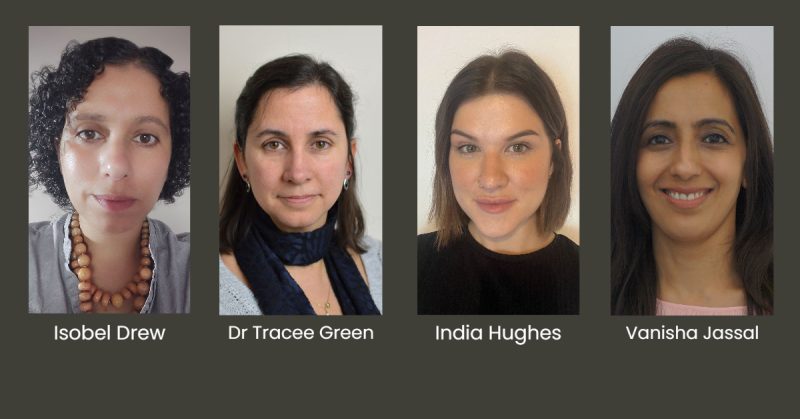
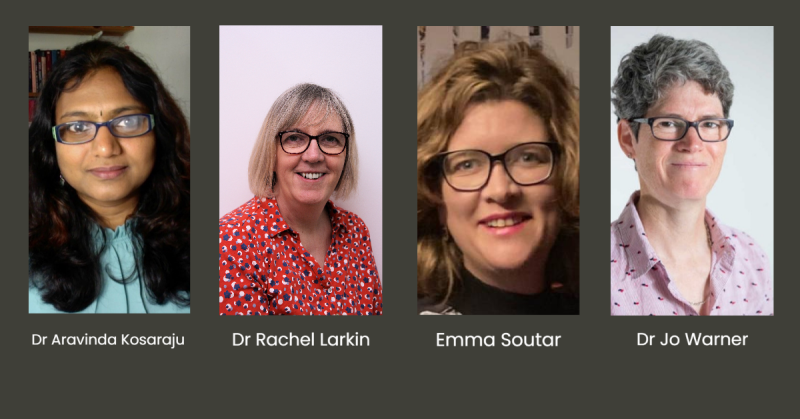
10 October 2023, 10.00-11.00
Is it time for a ‘legitimacy turn’ in child protection?
Speaker: Jo Warner
This session will focus on the concept of legitimacy as applied to the use of power in statutory work with children and families in the UK. It will draw on literature from police studies, in which the concept of legitimacy is heavily researched. Police and state child protection workers such as social workers bear comparison in respect of legitimacy because of the significant powers they use on behalf of the state. Their decisions have direct implications for the civil and human rights of their fellow citizens, and in each case there have been concerns about disproportionality in the use of their power with particular groups. Yet, despite these parallels, the concept has received little explicit attention in child protection. The session will make the case for a ‘legitimacy turn’ in child protection based on the example of disproportionality in the use of state power with families living in poverty.
24 October 2023, 10:00-11:00
Voluntary Accommodation Agreements in Child Protection: The Law and Practice of Section 20 Children Act 1989
Speaker: India Hughes
Positioned between care proceedings and family support work, Section 20 Children Act 1989 (“s20”) allows social workers to accommodate children in local authority care on agreement with their parents. The provision has clear benefits to both social work teams and families, but the position of these agreements outside of the court system leaves room for misuse and misinterpretation. This session will summarise early findings from a socio-legal study examining the use of s20 in practice while unpicking the ambiguous guidelines from law and policy.
31 October 2023, 10:00-11:00
Safeguarding Separated Young Migrants: What difference might gender make?
Speaker: Dr Rachel Larkin
Each year thousands of children and young people become separated from family and carers and cross national borders alone. The reasons for child and youth migration are complex but can include trafficking, exploitation and high levels of risk for young people. This session will draw on research with separated girls to explore how young people’s experiences, and professional responses to young migrants, can be affected by gender. It will consider how states are responding to young migrants, some of the challenges this work poses for child protection services and what might constitute best practice.
7 November 2023, 10:00-11:00
Embedding Trauma Informed Approaches in Police Responses to Child Sexual Exploitation: A Collaborative Simulation Design
Speakers: Dr Tracee Green, Dr Aravinda Kosaraju and Emma Soutar
Funded by the Economic and Social Research Council (ESRC), a collaboration between the Centre for Child Protection and Kent Police was created with the aim to tackle Violence Against Women and Girls – or ‘VAWG’. This project specifically focused on sexual exploitation of girls through the creation, application, and evaluation of a trauma-informed pilot-training simulation tool for police. This session will provide an overview of the project’s history, the reasons for its focus on a trauma informed approach, and early evaluation results of its implementation.
14 November 2023, 10:00-11.00
What intersectionality and critical race theory offers child protection professionals
Speakers: Vanisha Jassal and Isobel Drew
Ethnic, racial and cultural disproportionalities continue to exist across UK child protection practice, services and outcomes for children, young people and their families. This is known and accepted across agencies and policy sectors and efforts to address the problem, although evidential, have made limited impact overall. This session discusses the importance of integrating relevant theoretical approaches to develop practitioner skills in adopting a more interrogative approach with the aim of improving the lived experiences of children, young people and families.
2022 Speakers and Webinars
See below
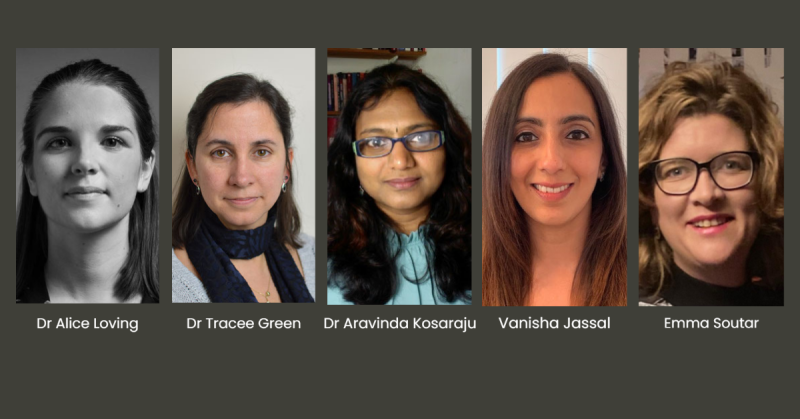
21 September 2022, 10.00-11.00am
Relationship themes and dynamics between Social
Workers and Parents
This webinar explored PhD findings on relationship dynamics between parents and social workers from the parents’ perspective. It touched on key research findings from within the field of social work and psychology to better understand the potential challenges faced within these relationships.
26 September 2022, 9.00-10.00am
Standardised Measures; Friend or Foe? Parenting Assessments in Court with a focus on Parenting Assessment Manual Software (PAMS).
Decisions being made within care proceedings can result in potentially life altering outcomes for families whereby children can be separated from their carers and placed for adoption. Judges and magistrates utilising parenting assessments to help make these decisions need to be able to rely on consistently good practices to inform them; however, there are indications that the quality of these assessments can vary. This webinar explored the value of standardised measures informing assessments with a particular focus on findings from a study looking at the perceived value of incorporating Parenting Assessment Manual Software (PAMS) within parenting assessments for court.
Webinar by Dr Tracee Green
12 October 2022, 1.00-2:00pm
Online Child Sexual Exploitation and Abuse: Dilemmas and Prospects for Child Safeguarding Practitioners
This session examined the nature of Online Child Sexual Exploitation and Abuse (OCSEA), prevalence and challenges confronting child protection practitioners. It looked at the Online Harms Bill 2022 considered by the UK parliament and drew attention to complexity emerging from an intersection of technology, rights, responsibilities, harms and wellbeing of children and young people.
Webinar by Dr Aravinda Kosaraju
24 October 2022, 9.00-10:00am
Addressing ethnic inequalities in child protection practice: Why it’s time we move beyond the research
Ethnic inequalities in UK child protection practice have been documented for many years, negatively impacting the lives of many children and families. This webinar threw a light on current data and research and urge practitioners and organisations to remain sufficiently cognisant about the issue, and the implications for vulnerable children from continuing inequalities.
Webinar by Vanisha Jassal
3 November 2022, 1.00-2.00pm
How child protection simulations create safe spaces to learn and practise practice
This webinar explored how CCP’s suite of simulations (serious games) facilitate a unique learning environment to develop skills in complex child protection landscapes. It demonstrated how professionals can practice engaging with complex families and why this matters. It examined how training skilled child protection professionals in the grooming suite of simulations can increase confidence to tackle difficult issues. It does this, in part, by providing scaffolding for discussions when engaging in direct work with children which activates critical analysis.
Webinar by Emma Soutar





